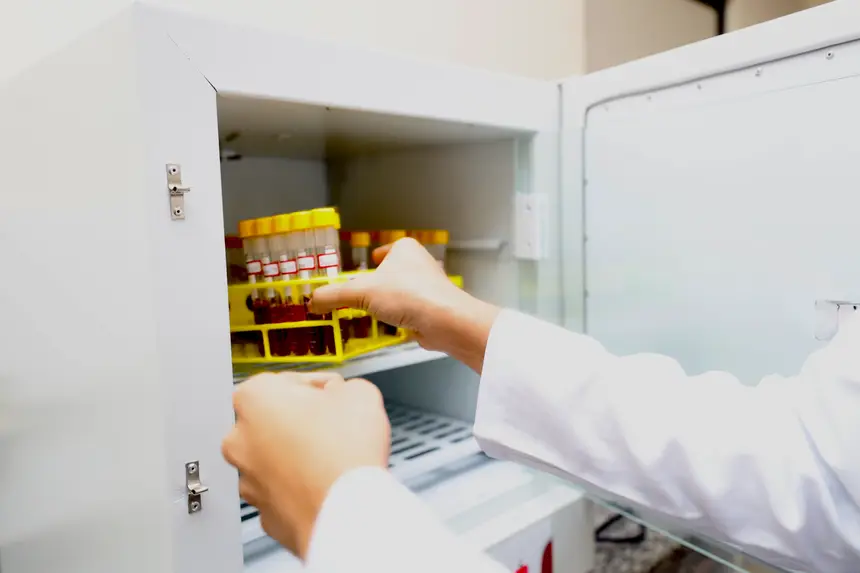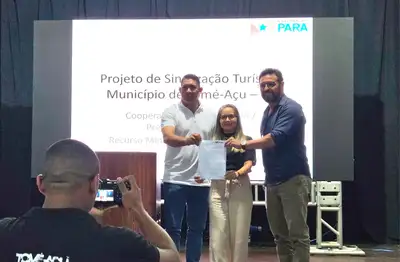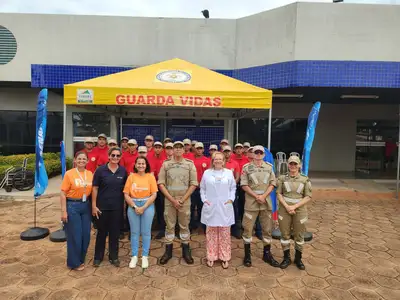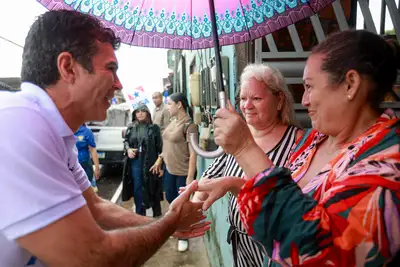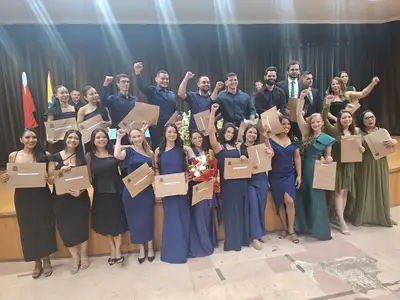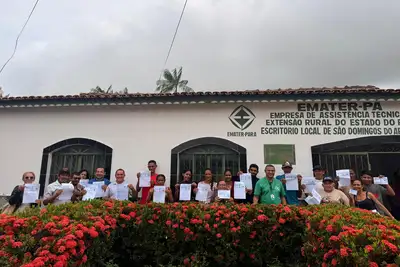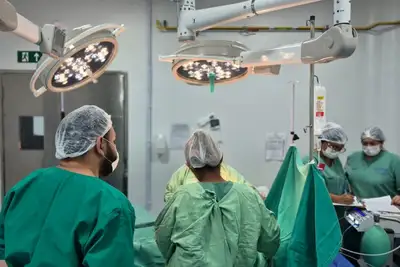In Belém, innovations with andiroba advance at the Guamá Science and Technology Park
Scientific publication highlights the power of the Amazon tree, which produces an oil with anti-inflammatory and healing properties, among other functions
Researched at the Guamá Science and Technology Park (PCT) in Belém, andiroba has been consolidating as a strategic input for the health, cosmetics, and energy sectors. A scientific article produced by researchers from the Amazon Oils Laboratory (LOA) and the Genetics and Cell Biology Laboratory (GenBioCel), both from the Federal University of Pará (UFPA) and residing at the PCT Guamá, with collaboration from the Emílio Goeldi Paraense Museum and national and international institutions, details its benefits and applications.
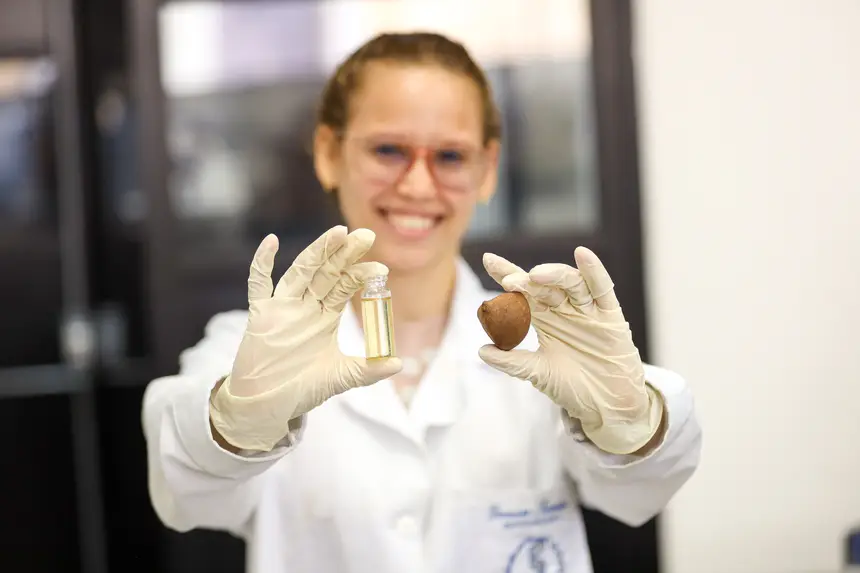
The andiroba oil has analgesic, anti-inflammatory, anti-allergic, antibacterial, antifungal, antiparasitic, and healing properties, in addition to anticancer potential and contribution to combating obesity. In the industrial sector, its physicochemical characteristics allow the development of bioproducts, including biodiesel production. Research and safety tests aim to insert Amazonian products into the market sustainably, generating value, income, and strengthening the socio-bioeconomy.
Innovation and training - Among the results already achieved is the biobandage developed by the LOA, which combines Amazonian oils, including andiroba. The product protects the wound, lubricates the skin, inhibits bacteria, and accelerates healing, being a biodegradable and effective alternative for wound treatment.
According to Adriano Nascimento, vice-coordinator of the LOA, andiroba, traditionally used as an anti-inflammatory and repellent, has the potential to generate bioproducts such as biobandages, bioplastics, and cosmetics. He emphasizes that traditional knowledge about the artisanal extraction of the oil is kept alive and strengthened by scientific research.

“Andiroba is a treasure of the Amazon, known and used by most of the peoples of the region. Its seed, when it falls to the ground, generates almonds from which an oil is extracted, obtained by artisanal methods passed down through generations,” says Adriano Nascimento.
The actions of the LOA are part of the Amazon Now State Plan (PEAA), coordinated by the State Secretariat for the Environment, Climate, and Sustainability (Semas), which encourages sustainable production chains and trains family farmers in extraction, good practices, and quality control. Within the program, 10 training sessions have already been held in municipalities such as Capanema, Bragança, São Miguel do Guamá, Irituia, São Domingos do Capim, and Mãe do Rio, all in northeastern Pará, benefiting 179 women.
“By uniting science, technology, and traditional knowledge, the work with andiroba at the PCT Guamá promotes business opportunities, values regional production, and reinforces the bioeconomy as a strategy for income generation, forest preservation, and strengthening the productive identity of Pará,” concludes the researcher.
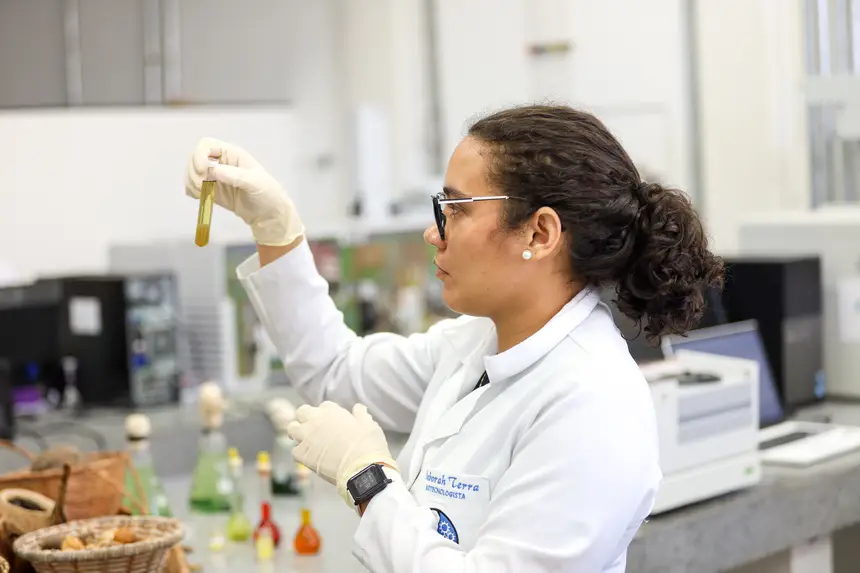
Cell analyses - GenBioCel, coordinated by Professor Renata Noronha, is a pioneer in the Northern region in cellular analyses of oils and biomaterials. The laboratory has begun cellular tests with andiroba seeds (Carapa guaianensis), seeking to scientifically validate its effects and enable its commercialization. The goal is to prove benefits, determine appropriate doses, and explore the bioeconomic potential of Amazonian biodiversity to promote sustainable development and technological innovation.
“Cell tests with Amazonian oils are essential to prove benefits and boost the bioeconomy, transforming biodiversity into high value-added products. The Amazon holds the largest plant biodiversity on the planet and offers valuable inputs for health, industry, and innovation,” says Renata Noronha.
The Research & Development (R&D) laboratories at the PCT Guamá combine scientific knowledge with market competitiveness. Public and private projects can access the resources of the PCT Guamá by presenting their demand via email at servicos@fundacaoguama.org.br or by phone at (91) 3321-8908 and 3321-8909.
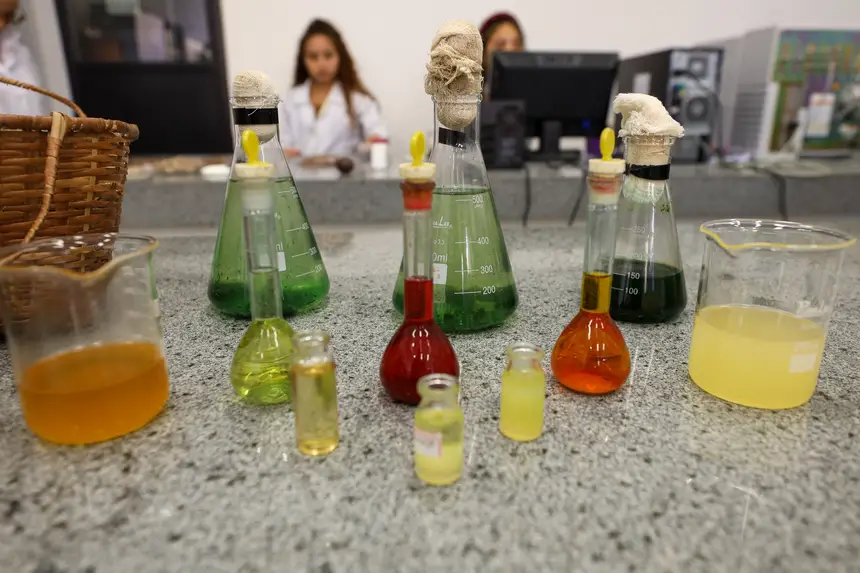
Reference in innovation in the Amazon - The PCT Guamá is an initiative of the Government of Pará, through the State Secretariat for Science, Technology, and Higher, Professional, and Technological Education (Sectet), in partnership with UFPA and the Federal Rural University of the Amazon (Ufra), and managed by the Guamá Foundation.
It is the first technological park in the Northern region of Brazil and aims to stimulate applied research and innovative and sustainable entrepreneurship to improve the quality of life of the population.
Located on the banks of the Guamá River, which gives its name to the complex, the PCT is situated between the campuses of the two universities and has an ecosystem rich in biodiversity, extending over 72 hectares, designated for buildings and the Environmental Protection Area (APA) of the Metropolitan Region of Belém.
The complex has more than 90 companies among residents and associates, 17 laboratories with over 400 researchers, 44 patents, and a technical school.
The PCT Guamá is part of the National Association of Promoters of Innovative Enterprises (Anprotec) and the International Association of Science Parks and Areas of Innovation (Iasp), and is part of the largest innovation ecosystem in the world.



